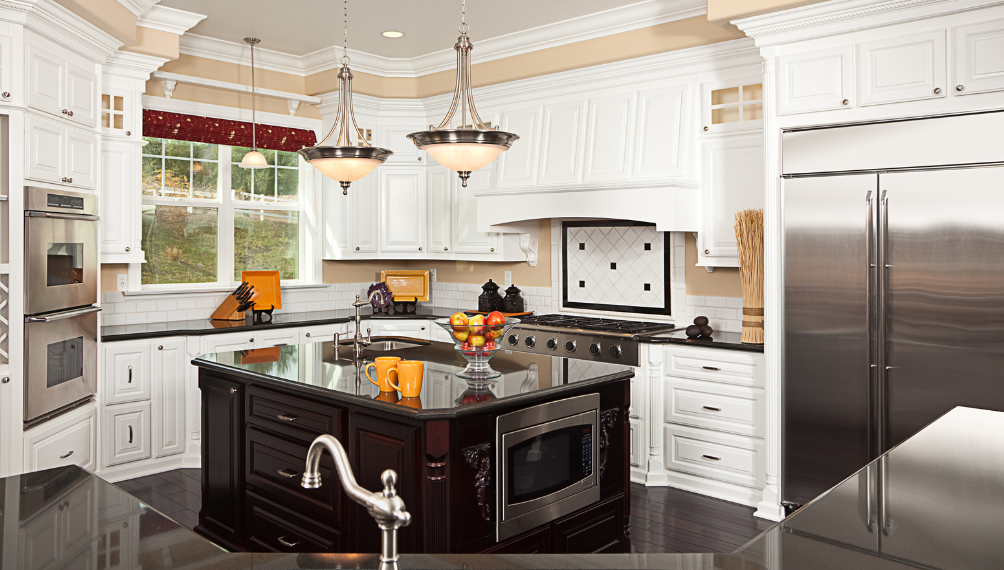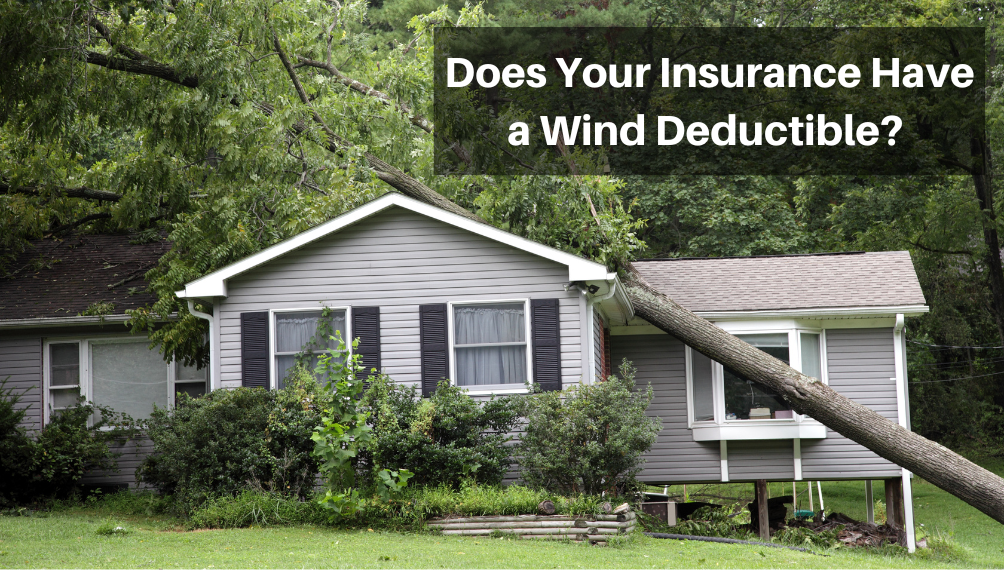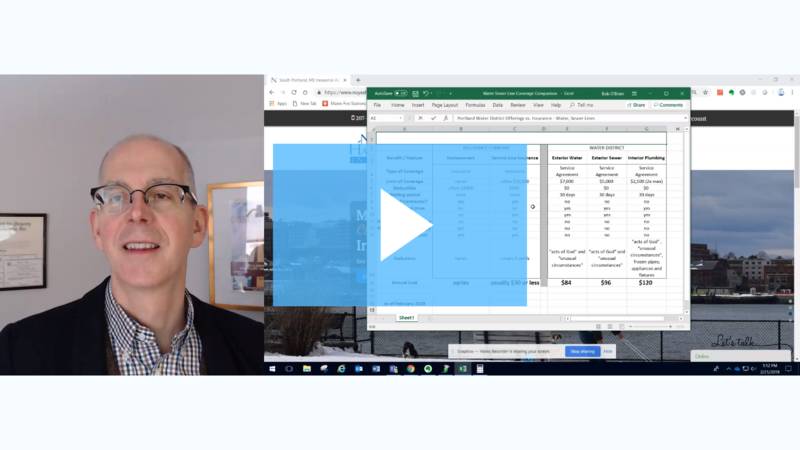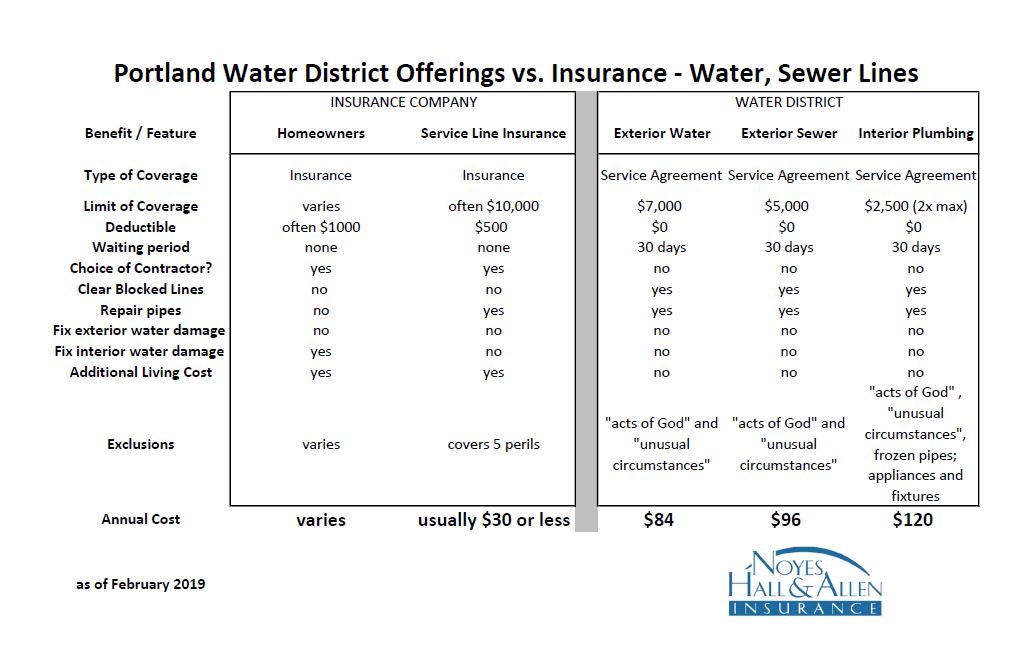Maine home owners have a lot of things to worry about. Adding Equipment Breakdown Coverage to your homeowners insurance can help with some of the big ones.
Most homeowners policies cover fire, wind damage, and water damage from plumbing leaks. Other big expenses aren’t covered by basic homeowners insurance. Off-the-shelf policies exclude flooding, foundation leaks, and breakdown of systems and appliances.
But many home insurers now offer a homeowners Equipment Breakdown Endorsement. Some insurance companies call it Home Systems Protection, but it’s the same thing.

What Does a Mechanical Breakdown Endorsement Cover?
Your insurance company’s form may differ. But most cover the cost to repair or replace items hit by mechanical or electrical failure. Think heating systems, solar panels, appliances, electronics, IOT smart devices and more.
Some examples
- Your expensive dishwasher breaks down when the motor burns out.
- A central air conditioner compressor fails.
- The boiler or water heater break.
- Your smart home monitoring system stops working.
- The solar panels on your roof stop generating electricity.
What’s the Coverage Limit on Homeowners Equipment Breakdown?
Insurance company forms can differ, but many have a $100,000 limit. That’s enough to cover almost any system in American homes.
Does a Deductible Apply to Equipment Breakdown?
Yes. Usually it’s different than your regular homeowners policy deductible. $500 is a common deductible on homeowners Equipment Breakdown Endorsements.
What’s Not Covered by Equipment Breakdown?
Wear & tear and gradual deterioration are never covered. Everything eventually fails. Don’t expect insurance to pay for items past their useful life.
For example, if your 30-year old air conditioning compressor dies. the insurance company will likely deny your claim.
Other exclusions apply to all homeowners policies. Examples include intentional damage; flood; or seepage through a foundation.
Homeowners Equipment Breakdown Coverage vs. Home Warranty
Many home buyers buy a home warranty when they invest in a home. Home warranties help guard against big expenses in the first few years of ownership. They pay the cost of repairing or replacing major appliances or equipment.
Unlike Equipment Breakdown insurance, home warranties usually pay even for wear & tear. That’s why home warranty coverage is much more expensive than equipment breakdown coverage.
Equipment breakdown often costs less than $50 a year. Home warranties can cost $50 or more per month.
Why to Buy Homeowners Equipment Breakdown Coverage – or Not
You might purchase breakdown coverage on your homeowners if:
- Your home or most of its equipment is newer.
- The coverage is inexpensive.
- It’s included in some bundle of other extra coverage that you want or need.
You might NOT purchase homeowners Equipment Breakdown coverage if:
- You already purchased a home warranty
- Your home’s equipment is older and you’re worried about breakdown due to wear & tear.
Do you own a home or condo in the Portland, Maine area? Have questions about equipment breakdown? Worried about big expenses from property damage? Contact Noyes Hall & Allen Insurance in South Portland at 207-799-5541. We offer a choice of Maine’s top property insurance companies. We’re independent and committed to you.





